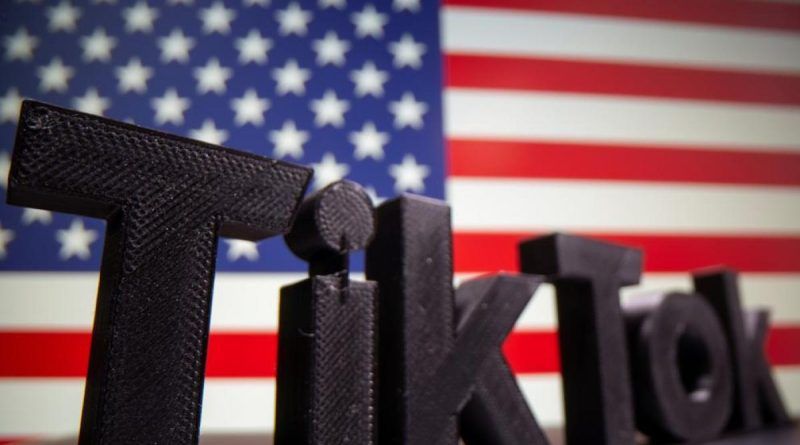The U.S. is considering blocking TikTok altogether
The U.S. is considering blocking TikTok altogether
On March 7, a group of senators introduced a bipartisan bill allowing the U.S. president to ban the social networking site TikTok, owned by the Chinese company ByteDance, from operating in the country. Last week, the House Foreign Affairs Committee approved a similar bill.
The White House had given government agencies in the United States 30 days to completely remove the TikTok application from all computers and phones used by government officials. The new rules will affect only work equipment.
More than 20 U.S. states, Canada, as well as political structures of the European Union also banned TikTok downloads to government devices.
According to U.S. officials, TikTok could pose a threat to national security.
“We have clearly expressed our concerns about TikTok, and apps like TikTok. We have concerns about a number of countries, including China, as they seek to use Americans’ digital technology and data to harm and create a risk to our national security, that’s obvious,” said White House spokeswoman Karin Jean-Pierre.
One of the main problems in the U.S. sees the collection of users’ personal data, which Beijing could use to its advantage.
“Data about a particular user, even something as simple as location data, can be used to gather any information and can be a way to access not only personal information, but also information of organizations that are part of the country’s critical infrastructure,” explains Anton DeBura, director of the Information Security Institute at Johns Hopkins University. – The definition of critical infrastructure is very different from what most people think of it as. It includes not only military facilities and nuclear power plants, but also banks, financial institutions, food processing companies, biotechnology companies, educational institutions and many other organizations where sensitive information can be obtained. Just knowing what places you visit can make enemies interested in you. For example, you work for a large financial institution that they would like to infiltrate. And so they can use phishing attacks via email or text messages to get into your mobile devices or other gadgets.”
However, not everyone in the U.S. is happy about the prospect of a TikTok ban. In particular, the human rights organization American Civil Liberties Union (ACLU) wrote an open letter to Congress, which urged not to block the work of the social network in the country. The bill violates Americans’ right to freedom of expression, according to ACLU senior policy advisor Jenna Leventoff.
“This bill, introduced by Congressman McCaul, would functionally ban TikTok for the more than 100 million Americans who regularly use the app to freely express themselves, engage in political campaigning, artistic expression, reading the news – that is, doing things that are protected by the First Amendment. And our organization can’t stand by because we believe this law violates the First Amendment. It infringes on the free speech rights of people all over the country,” Leventoff believes.
In addition, blocking TikTok would likely be classified by the courts as a violation of the U.S. Constitution, according to Georgetown University law professor Anupam Chandre, who specializes in technology issues:
“This case begs the question, ‘Does the U.S. government have the constitutional authority to ban online publishers?’ TikTok publishes a lot of information. It’s a question of power over the platforms on which we express our opinions. This is different from the government’s control over other technologies – hardware, drones, and so on. I suspect that the courts would be very skeptical of a ban of this kind. However, it’s a complicated issue. Because the threat to national security the courts will certainly take into account as well. But, on the other hand, it is a significant infringement on free speech. The government has yet to prove that China collects data based on this app or that the Chinese government sends propaganda through TikTok. However, the noise about the ban could be useful in getting Bytedance to sell TikTok to an American company. And that may be what politicians are hoping for.”
TikTok is far from the only platform that collects user data. According to experts, an audit of these platforms is needed, as well as the implementation of appropriate security measures and checks and balances.
You may be interested: Trump called to testify in former porn actress payments case
